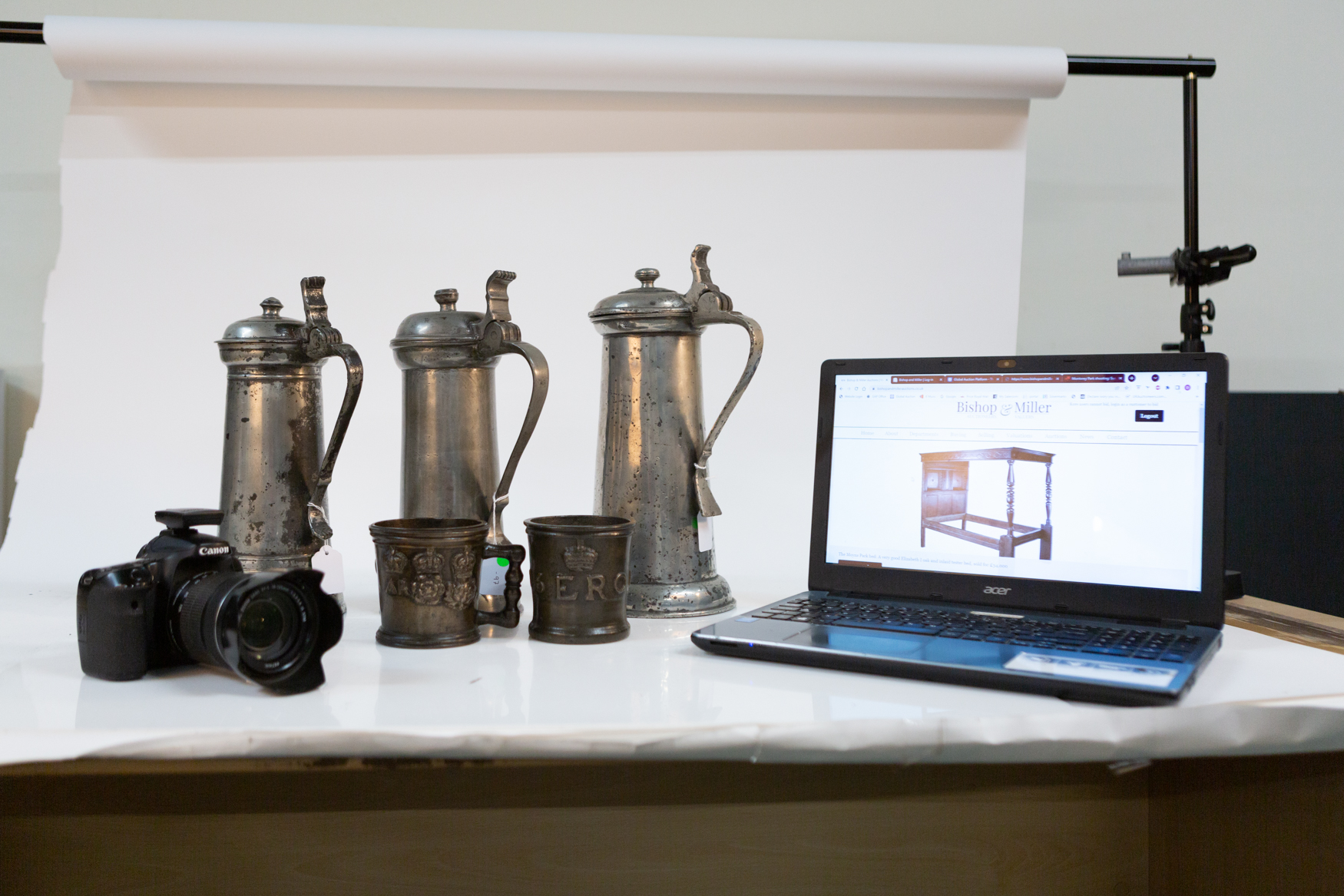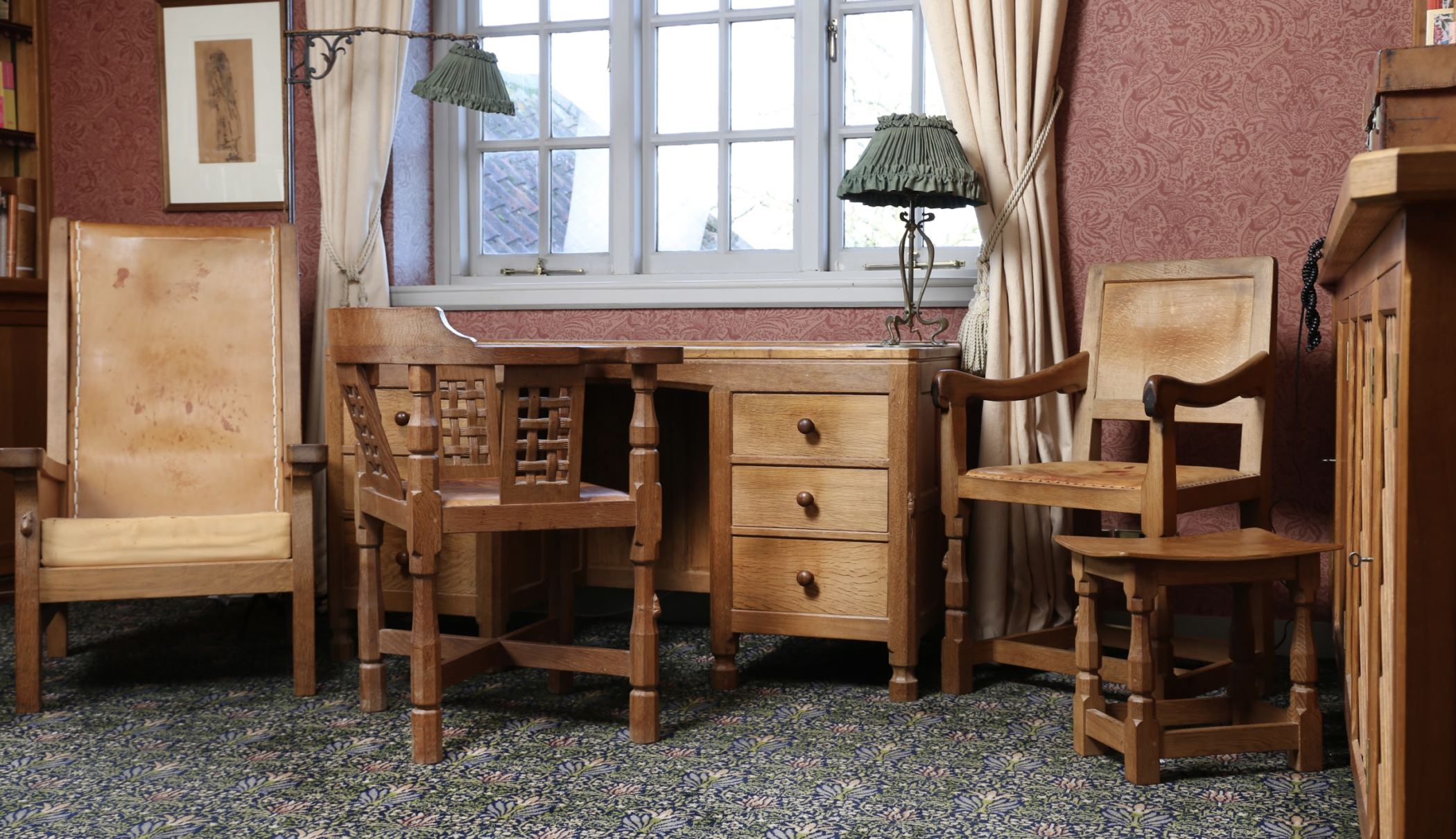- Auctions
- Buying & Selling
- Departments
- Asian & Oriental Art
- Books, Maps & Manuscripts
- Ceramics & Glass
- Coins & Banknotes
- Furniture & Antiques
- Jewellery & Gemstones
- Military, Militaria & Medals
- Modern Art & Design
- Music & Audio
- Paintings, Pictures & Prints
- Period Oak & Metalwork
- Retro & Quirky
- Toys, Games & Collectables
- Tribal & Ancient Art
- Scientific & Maritime
- Silver & Gold
- Watches & Clocks
- Valuations
- Contact
Inviting Consignments to all our 2026 auctions, if you want to consign to any of our auctions contact us to arrange your free valuation on 01449 673088
The Rise of the Pocket Watch 10 Mar 2023 News Norfolk News Suffolk News
The Pocket Watch, it might be something that you think was once fashionable in the early 1900s when gentlemen wore three piece suits and had a pocket watch and chain as part of their daily outfit (think of the Peaky Blinders look!), in part you would be correct, but today, pocket watches are making a comeback by both collectors and those people who actually want to wear one (we can thank the fashion trend for this resurgence). For whatever reason people are buying pocket watches, all of them appreciate the actual watch for their timekeeping and their beauty both mechanically and aesthetically.
Horologists understand that the pocket watch was invented in the early 1500s by Peter Henlein in Germany. However, the early prototypes were something between a mantel clock and a pocket watch and due to their bulky appearance (they were made in circular form), they were often worn around the neck on a chain rather than kept in a pocket. In their early conception, pocket watches were a main stay in gentlemen’s fashion right up until the first world war when it was easier for men to wear a watch on their wrist rather than in their pocket, soldiers didn’t want to be digging around in their uniform pockets for their pocket watch, and the watch making had come on leaps and bounds by this time, so the wristwatch was more accurate than before, so much more reliable. The early days of the pocket watch was very much only for the higher societies and was classed as a luxury item for most. It wasn’t until towards the end of the 18th century that it was more common for all people to have a pocket watch, especially sailors who had maritime scenes in and on them either via a photograph or picture or an engraving.
The form and shape of a pocket watch that we know today was founded around 1675 as Charles II was an avid wearer and promoter of the waistcoat so the early big and bulky pocket watches would not fit into the pockets so the design became flatter and more rounded so they would fix to a chain and then slip into and out of a pocket with ease. However, women who wore timepieces were still wearing them as a pendant on a chain until very much into the 20th century.
There are a number of renowned pocket watch makers out there, and they are well known names as they have a reputation of making outstanding wristwatches as part of their collections such as Patek Phillippe, Rolex and Omega were all quality pocket watch makers.
In the auction world we are definitely seeing a resurgence of the pocket watch in our specialist Jewellery & Watches sales, we are finding people who are looking for a pocket watch are not only looking to buy one because they want to use it to tell the time, the resurgence is also to do with them being outstanding timepieces, collectors want them to admire their workmanship. We are also seeing a new younger generation of collectors like them as they are into their vintage and retro look and a pocket watch fits right into this style. The pocket watch we are seeing more and more of at our auctions and ones that sell well are gold hunter and half hunter pocket watches.
These watches were a robust design, with a solid cover that would protect the face of the watch from damage, which also lead to more surface to decorate if so desired. The full hunter watch was a bit cumbersome to use, so the design of the half hunter watch resolved this as it had a small gap in the cover so that the time could be read with ease.
We have seen a number of Hunters and Half Hunters in our auctions that have sold well, such as an impressive 18 carat gold diamond set repeater hunter pocket watch chronograph, Thomas Wordley, 1 St Swithin’s Lane, London, No 14492. This wonderful example had a polychrome enamel crest on the front case, with the Latin text “Fortis et Fide” opening to reveal a white enamel signed dial. The rear of the case was set with diamonds to form SB monogram, it was a lovely example that sold for £6,710 (including buyer’s premium).
Another example of a lovely Hunter pocket watch was by maker Patek Philippe this one was an 18-carat gold hunter pocket watch, with engine turned case. The interior cover was engraved “Patek Philippe & Cie Fabricants” and with retailers name “A.H. Rodanet & Cie Constructeurs de Chronometres, Rue Vivienne 38 Paris No 23287”. This sold for £1,650 (including buyer’s premium).
Half Hunter pocket watches are also very collectable we have seen previous styles such as a Dent of London, which was an 18-carat gold half hunter pocket watch. This half hunter had an outer blue enamel dial enclosing the white enamel signed dial with subsidiary seconds dial and it sold for £1,110 (including buyer’s premium).
So if you have inherited a pocket watch or you would like to find out more about what your pocket watch is, perhaps it’s time no bring it to one of our Friday valuation events at either Stowmarket or Glandford where our valuers will be happy to assist you.
Antique Valuations
Bishop & Miller offer a free, no obligation valuation service on a wide range of objects.
Offering full service and guidance whether it’s a single item for valuation and auction or probate and insurance valuations. Our team of dedicated professionals are on hand to help with every aspect of your auction experience.
Tailored Auction Alerts
Please select all that apply and we'll send you alert when catalogues become available. You can update your alerts or unsubscribe at any time.
Please select...
Contact The Team











